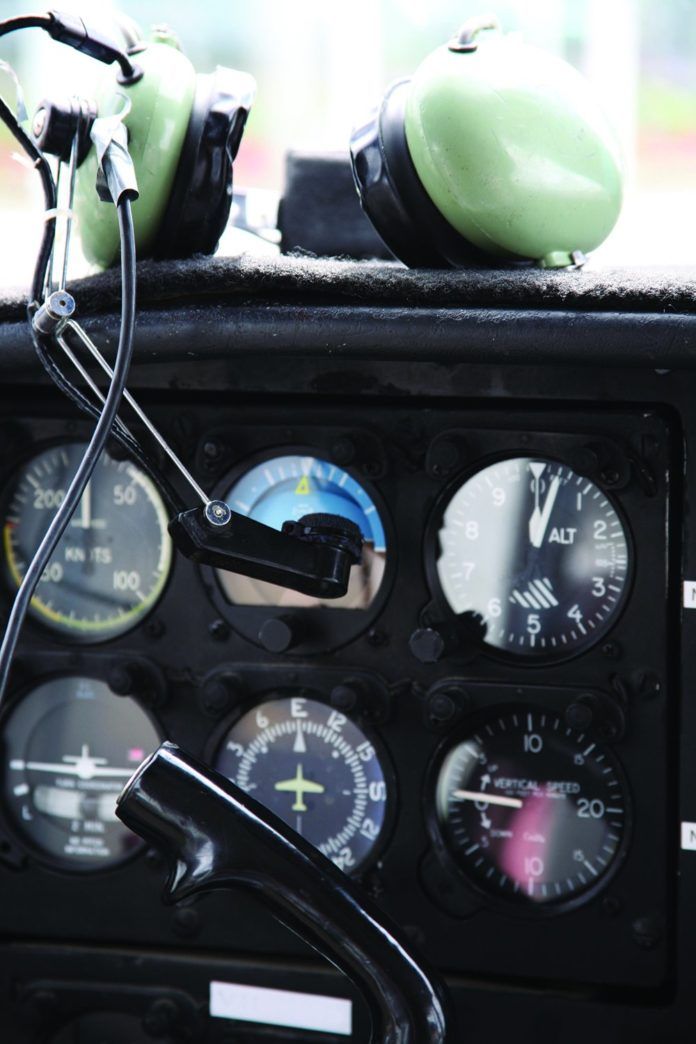The instrument student/instrument instructor relationship works both ways, and the student has duties as well:
• Students have a duty to show up on time for their lessons, and to expect to pay for the lesson time that was set aside, even if they are late. The instructor has dedicated a certain period of time exclusively to the student and should not be penalized for the student’s tardiness.
• A student has an obligation to call and cancel a lesson as soon as it becomes necessary. If the cancellation occurs within some previously established period of time before the lesson, the student should pay the instructor’s fee for the lesson, or at least a full hour of instructional time, because there’s a significant risk that the instructor cannot fill that time on short notice and won’t get paid for it.
• The student has a duty to show up fully prepared for each lesson and ready to learn. An instrument instructor is not a babysitter or someone who is to read the assignments to the student.
• A student has a duty to ask questions about anything confusing, even if it seems off topic. It’s an essential part of the learning process. The questions themselves also do a great deal to help the instructor tailor the teaching that will occur because it tells the instructor a lot about the boundaries of the student’s knowledge and experience as well as how the student thinks and learns.
• A student has a duty to tell the instructor when there is a level of discomfort with any aspect of the flight training process. From the most basic, “I’m not sure I’m ready to do this in IMC yet” to, “For some reason I don’t seem to get along with you and I’d like to fly with a different instructor,” and all points in between. An uncomfortable student does not learn well; any instructor worth his salt knows that; but, to my knowledge, most CFIs are not clairvoyant, so it’s the student’s responsibility to speak up.




